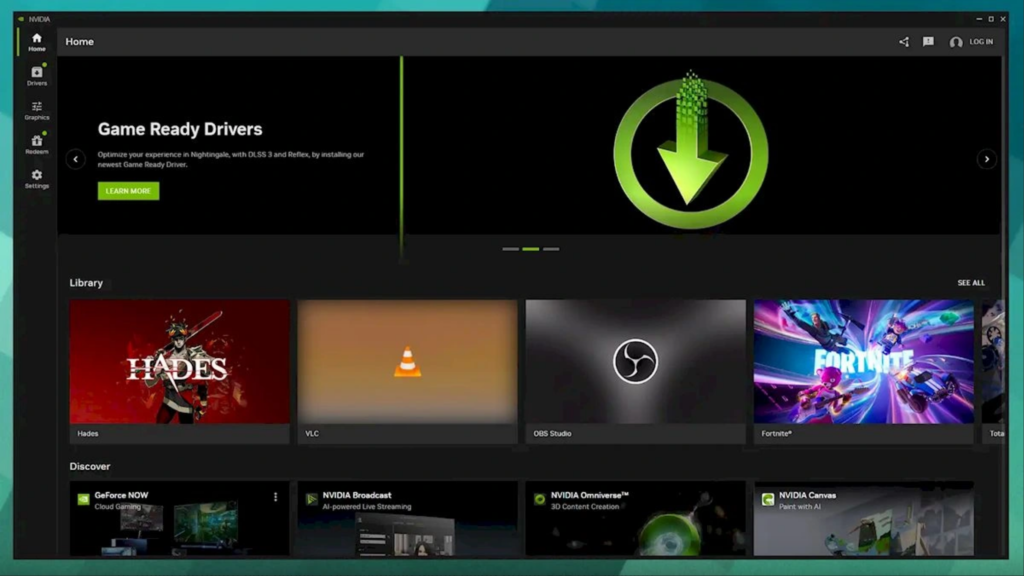Users are advised to revert to the previous driver version after NVIDIA reported issues related to the recent GeForce 566.03 driver, specifically affecting Corsair iCUE and Bluestacks.
According to Wccftech, following the release of the GeForce 566.03 WHQL driver, some users experienced unusually high CPU usage when running the Corsair iCUE and Bluestacks applications. NVIDIA has acknowledged that this issue could impact system performance, particularly during gaming sessions, and has recommended downgrading to driver version 561.09 to mitigate these effects.
Corsair iCUE is software designed to manage RGB lighting, fan speeds, and macro keys for various hardware devices, while Bluestacks serves as an Android emulator on Windows. The combination of these applications with the 566.03 driver has led to CPU overloads, resulting in decreased performance, such as lower frame rates and reduced system smoothness.

Currently, NVIDIA is investigating a solution but has not provided an immediate fix. Beyond the iCUE and Bluestacks issues, the new driver also encounters other problems, including incompatibility with DSR/DLDSR custom resolutions in certain games and graphical transparency errors on Windows 10.
Corsair has released a statement advising users to revert to driver 561.09 as a precaution. However, this downgrade may result in missing out on optimizations for newer titles, placing users in a challenging position between prioritizing performance and maintaining stability.
The 566.03 driver was expected to deliver several enhancements, including support for 32 additional G-SYNC displays from manufacturers like Dell, Philips, Panasonic, and Samsung, as well as optimized settings for games such as DRAGON BALL: Sparking! ZERO, NBA 2K5, and Silent Hill 2. Nonetheless, for users relying on iCUE and Bluestacks, the encountered issues may significantly diminish their gaming or overall system experience.
